
The role of international law and justice in a fragmented world
Mark Leonard welcomes Anthony Dworkin to discuss the role of international law and justice in an increasingly fragmented world

Mark Leonard welcomes Anthony Dworkin to discuss the role of international law and justice in an increasingly fragmented world
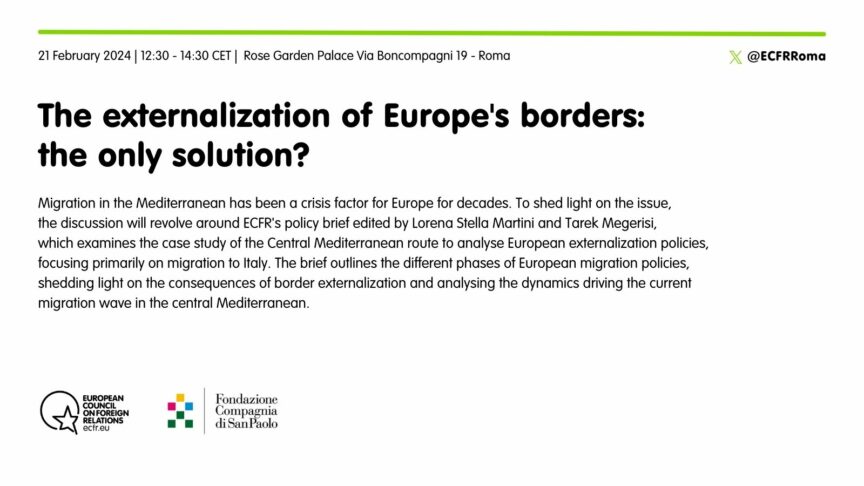
Migration in the Mediterranean has been a crisis factor for Europe for decades. To shed light on the issue, the discussion will revolve around ECFR’s policy brief edited by Lorena Stella Martini and Tarek Megerisi, which examines the case study of the Central Mediterranean route to analyse European externalization policies, focusing primarily on migration to Italy
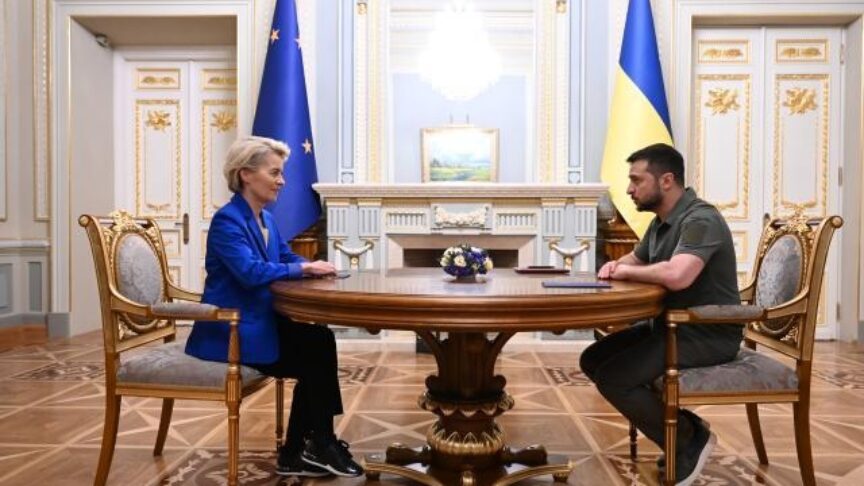
A UN-backed court could reinforce condemnation of Russia’s aggressive war and reduce Putin’s legitimacy on the international stage. But its establishment and success will depend on the commitment it receives
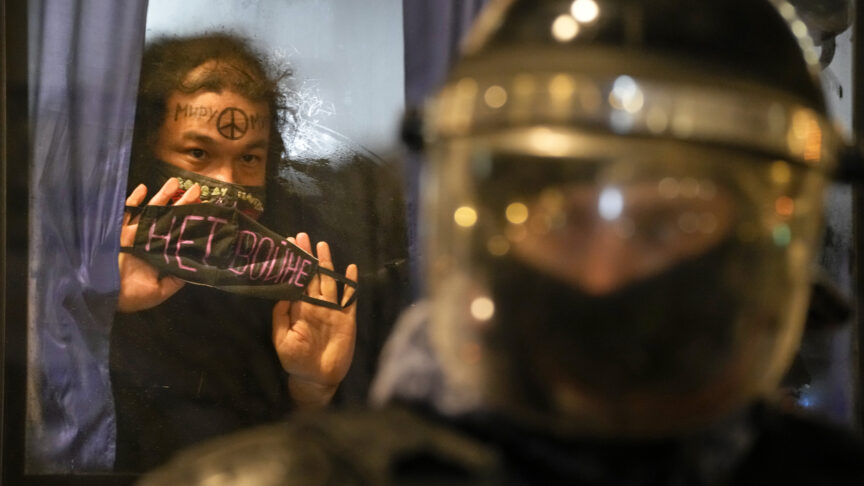
To counter the Kremlin’s information campaign in Russia, European policymakers need to account for individual and group psychology
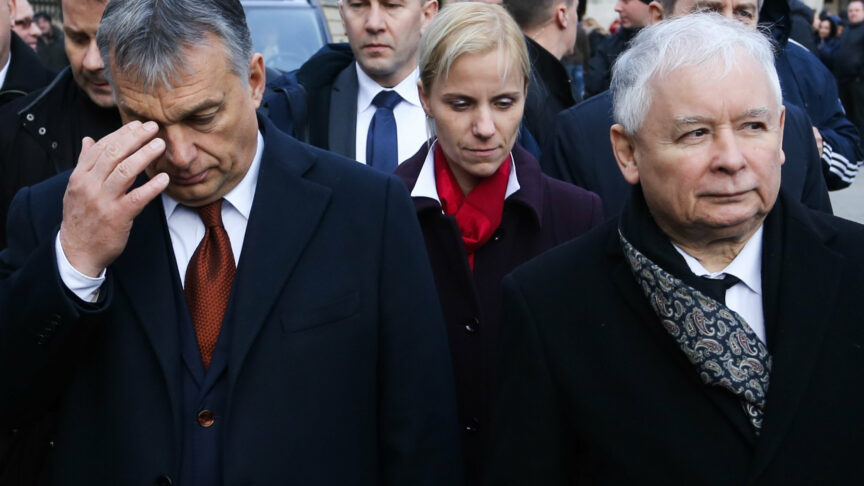
The war in Ukraine has driven a wedge between Hungary’s Fidesz and Poland’s Law and Justice parties. But they could still mount a powerful challenge to the EU if – or, rather, when – they reunite in their opposition to rule of law demands
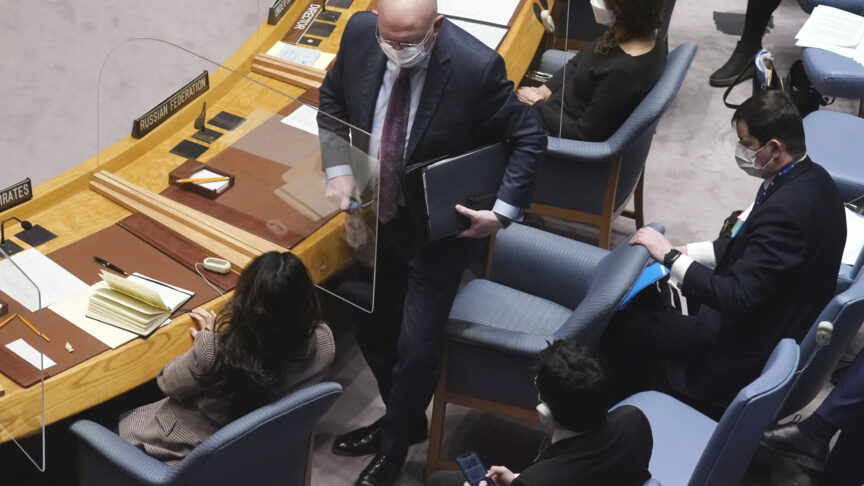
Countries that have condemned Russia’s actions are not only trying to protect Ukraine and its citizens, but also defending the principle that relationships between states should be shaped by legal principles
Germany has adopted a position that the Israeli government will likely interpret as support for its policies of occupation and settlement
The UK Ministry of Defence has shown a chronic lack of decision discipline, sometimes undermining its role in joint European projects
The drone strike against Soleimani marks a novel shift in targeted killing, dangerous to the global order
Repatriation remains the most effective way for EU member states to assess each case, prosecute jihadists where necessary, and interrogate returnees to learn more about ISIS methods and plans
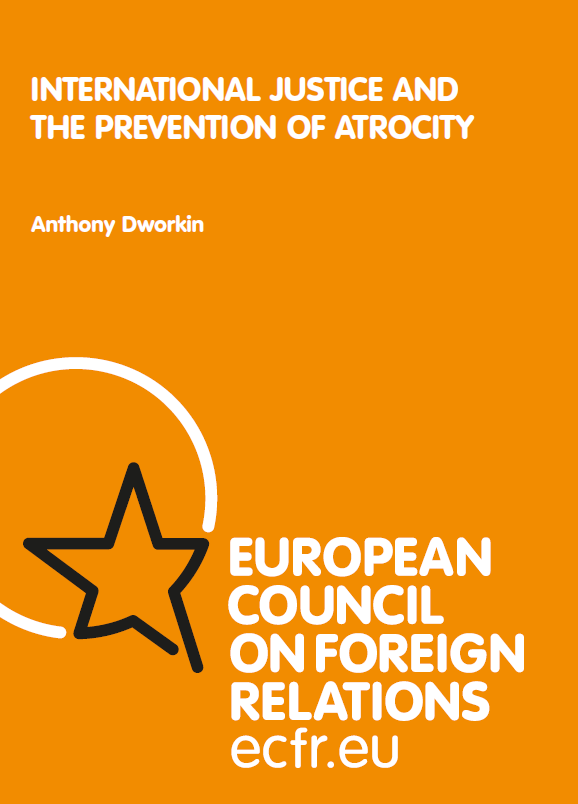
The EU needs a more coherent approach to international justice

A UN-backed court could reinforce condemnation of Russia’s aggressive war and reduce Putin’s legitimacy on the international stage. But its establishment and success will depend on the commitment it receives

To counter the Kremlin’s information campaign in Russia, European policymakers need to account for individual and group psychology

The war in Ukraine has driven a wedge between Hungary’s Fidesz and Poland’s Law and Justice parties. But they could still mount a powerful challenge to the EU if – or, rather, when – they reunite in their opposition to rule of law demands

Countries that have condemned Russia’s actions are not only trying to protect Ukraine and its citizens, but also defending the principle that relationships between states should be shaped by legal principles
Germany has adopted a position that the Israeli government will likely interpret as support for its policies of occupation and settlement
The UK Ministry of Defence has shown a chronic lack of decision discipline, sometimes undermining its role in joint European projects
The drone strike against Soleimani marks a novel shift in targeted killing, dangerous to the global order
Repatriation remains the most effective way for EU member states to assess each case, prosecute jihadists where necessary, and interrogate returnees to learn more about ISIS methods and plans
Sergei Magnitsky's death inspired the US to enact a law blacklisting individuals and seizing their assets. The EU is jumping on the bandwagon.
The EU has thus far been unable to prevent democratic backsliding – what will it do in Hungary and Poland?

Mark Leonard welcomes Anthony Dworkin to discuss the role of international law and justice in an increasingly fragmented world

Migration in the Mediterranean has been a crisis factor for Europe for decades. To shed light on the issue, the discussion will revolve around ECFR’s policy brief edited by Lorena Stella Martini and Tarek Megerisi, which examines the case study of the Central Mediterranean route to analyse European externalization policies, focusing primarily on migration to Italy

Nous avons le plaisir de vous inviter à un Black Coffee Morning, en présence d'Ulrike Esther Franke, Olivier de France et Manuel Lafont Rapnouil sur le thème suivant : « Défense européenne : le couple franco-allemand au pied du mur »
What do counter-terror wars aim to achieve? Are the UK and other European countries setting dangerous legal precedents in their use of force, and what is the likely impact on EU counter-terrorism of any shift in US policy under President Trump?
After North Korea recently launched a nuclear weapons test, the veto-holding powers in the UN agreed upon stronger sanctions in a new resolution. What does this initiative from North Korea mean – especially for the current relations between the USA and China. Furthermore, the EU demanded from China to uphold universal human rights in its conflicts with its neighbouring countries in the Southasian sea, though it is highly questionable if Beijing is going to consider this suggestion. Are sanctions even a useful instrument for trying to establish strategic instruments in Eastasia? Can China be included in this strategy?

Has the ICYT been effective in delivering justice?
Am 18. Und 19. Juni 2015 fand in der Heinrich-Böll Stiftung die 16. Außenpolitische Jahrestagung in Partnerschaft mit dem ECFR statt.